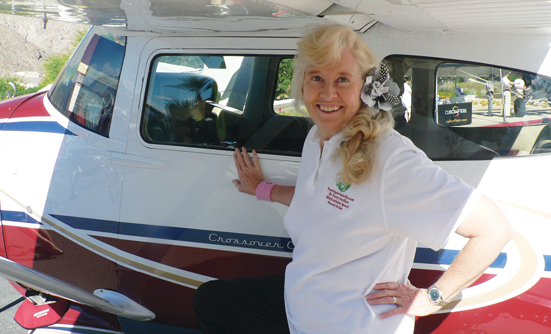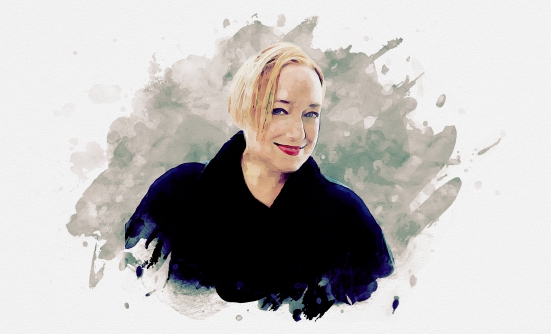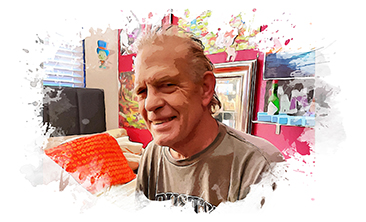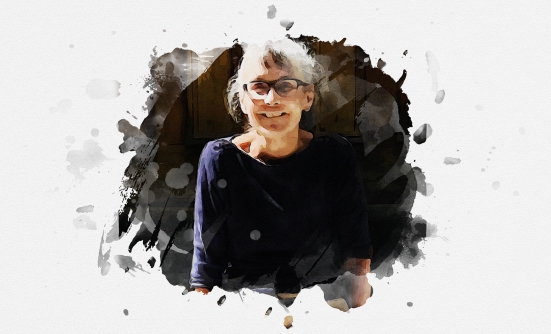The memory is vivid of my late October 2017 biopsy, when my long-time radiologist blurted out, “We probably found breast cancer.” My head was spinning. I must have looked like the proverbial Colorado deer in the headlights. “Well, if this is going to be a bumpy ride, I will inch the seat belt a little tighter,” I silently thought.
Gaining Understanding and Insights
The Bible verse “Trust in the Lord with all your heart and lean not on your own understanding” (Proverbs 3-5 NIV) kept playing over in my mind. Some understanding was going to be vital, so I immediately headed to the hospital library. Later, I found that quality information with research updates on breast cancer was just a few keystrokes away using my computer.
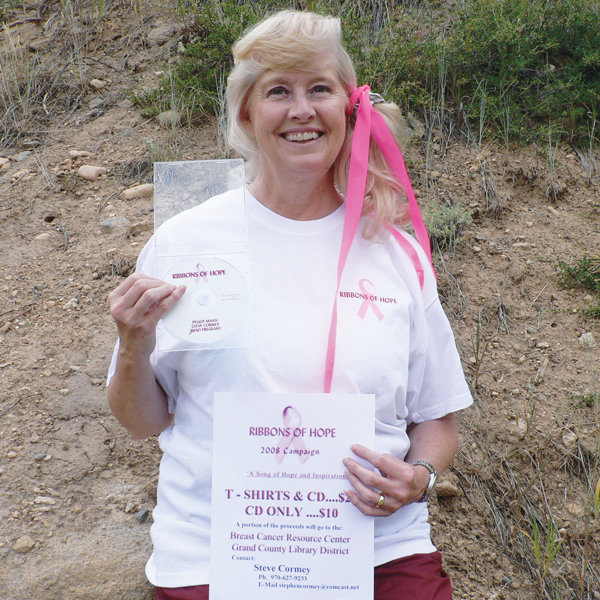
“Some people rush to research information, becoming experts in their disease. Every time I have received bad health news, I felt like a healthy person who has been accidentally drop-kicked into a foreign country. I don’t know the language. The culture is unfamiliar. I have no idea what is expected of me. I have no map, and I desperately want to find my way home,” wrote Dr. Jessie Gruman in her book, AfterShock: What to Do When the Doctor Gives You—Or Someone You Love—A Devastating Diagnosis.
The first insight I gathered after diagnosis was that finding your way in this foreign experience is difficult. You must grasp the new language of the disease, and that of the care providers. I even bought the book, Medical Terms: Common Medical Abbreviations, to learn this foreign vocabulary, which helped me to understand and speak “their language.” Caregivers shared more information, because they did not have to explain every acronym.
My Oncology Odyssey
Because information is empowering to me, research gave me a sense of control as my oncology odyssey continued. Resources such as CONQUER magazine, especially the Special Issues, are so informative to “cancer warriors.” Other people’s stories are inspiring and informative, which leads me to my second insight: to learn from others.
This is a long journey. I felt like the mythical Jason and his Greek Argonauts on their quest for the Golden Fleece, having to fight the dragon guarding the precious prize, and defeating the foe with a magic potion to make the dragon sleep. Another of my insights is to value the power of imagination and positive imagery.
The Power of Positive Imagery
All over my room, my desk, and even car panel, I pasted photographs of future events, knowing that my mind would focus on the success of the treatment. When the high-dose radiation was expertly delivered, I imagined it was a magic laser blasting the cancer into outer space just like in “Star Wars.” When I take the daily estrogen-blocking drug, I imagine it as a “power pill” surging with healing and positive energy.
Images and words have immense power. Often caregivers will say, “don’t move,” or “don’t breathe.” Their desired outcome would be better achieved if they, too, used the power of positive imagery. Saying “stay still” and “hold your breath” are better images to plant in the patient’s mind. The patient wants to comply, but those visual cues need to be painted with the correct image and words. Positivity beats negativity every time.
I remember hearing Heisman Trophy winner Pete Dawkins (a retired Army General) telling the story of when the Army coach called him over to the sideline in an Army-Navy game, saying, “Dawkins, Navy is going to kick the ball to you. Don’t drop it!” Of course, the image Pete imagined was dropping the ball—and he did just that. If the coach had instead said, “Pete, when Navy kicks the ball to you, hold on to it with all your might,” that play might have turned out different. Lest you worry, in that game, the Army went on to beat the Navy, and Dawkins played a key role.
Because our medical team plays such an important role in our expectations and treatment outcomes, they should choose words carefully. Turn the power of the mind to healing, health, and wellness.
A Pink Warrior
Pink is now associated with breast cancer awareness and survivorship. Pink has never been my first choice for color, because I like the more vibrant colors in the spectrum. But since 2007, with that first diagnosis of breast cancer, I was immediately warmly surrounded by a world of pink. The other “pink warriors” welcomed me to the sisterhood. Many were more than 20-year survivors. What a blessing to feel their love and be able to ask them personal questions. My spirit and my outlook were lifted up.
This brings us to another lesson I’ve learned: share with others and reach out, because an oncology odyssey can be lonely and very scary. The 2007 diagnosis of breast cancer brought me face-to-face with my own mortality. Shock, fear, and anger are a few of the many emotions I felt on this very unexpected journey.
As I continue as a pink warrior on this second odyssey, I experience many of those same unwanted emotions again. However, they have been tempered by acquiring more knowledge and the promise of amazing advances in treatment.
I am savoring every moment. I try to use my time wisely every day, making a difference in my community, by sharing the same love and support given to me. Remember that today is a gift. That is why it is called, “the present.”





